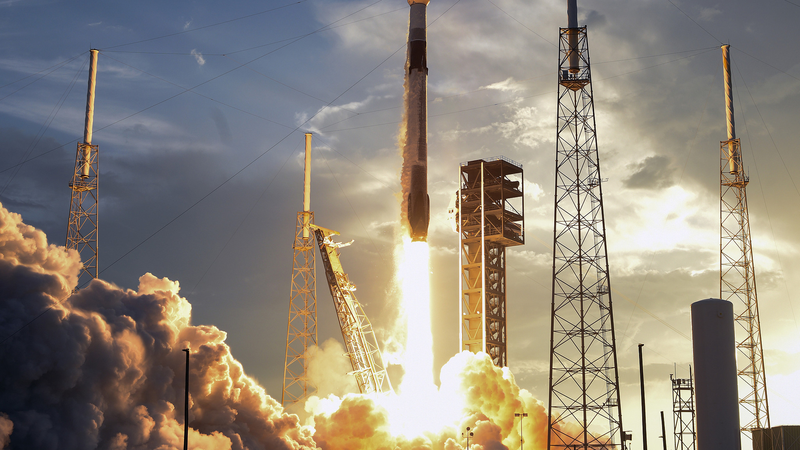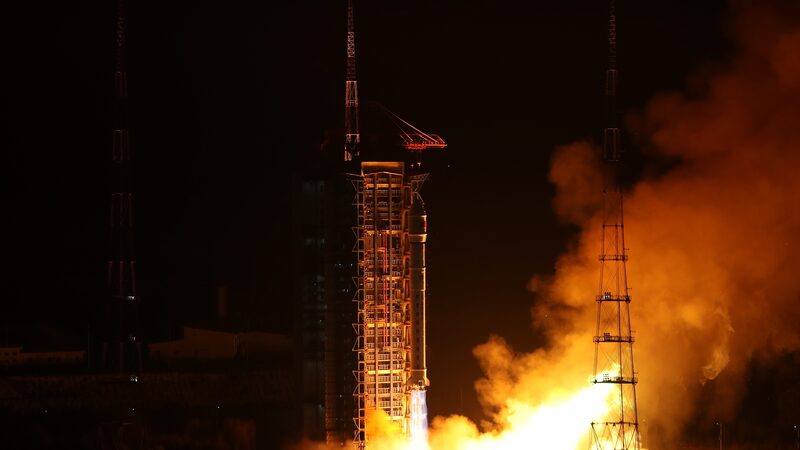Why Accusing China’s Space Tech Might Hurt U.S. Influence
A recent U.S. push to convince allies to avoid Chinese satellite services is sparking debates about ‘space politics’—and experts warn it might not go as planned. 🌐 Here’s why.
🔄 The Securitization Playbook
The U.S. State Department framed satellite tech as a national security risk, claiming data from firms like Chang Guang Satellite could be shared with Beijing. But critics argue this move inflames tensions in an era where global cooperation is key. "Securitizing everyday tech creates division," says Jessica Durdu, a foreign affairs specialist. "It’s less about safety, more about control."
⚠️ Irony Alert: Starlink’s Political Moves
Remember when Elon Musk denied Starlink access to Crimea during the Ukraine conflict? 🚀 That example, analysts say, shows U.S. firms aren’t immune to politicization either. "If American companies can act on geopolitical whims, why single out China?" Durdu notes. The inconsistency risks alienating allies seeking balanced partnerships.
📉 Trust Falls in a Multipolar World
By labeling Chinese providers ‘untrusted,’ the U.S. might accelerate a shift toward alternative networks outside its influence. Younger nations, especially in the Global South, increasingly prioritize autonomy over Cold War-style blocs. 🔄 As Durdu puts it: "Overusing the ‘security threat’ card could backfire—pushing partners to build their own tech ecosystems."
💡 The takeaway? In the race for space dominance, collaboration—not confrontation—might be the smarter orbit. ✨
Reference(s):
Why U.S. accusations against Chinese satellites may backfire
cgtn.com





